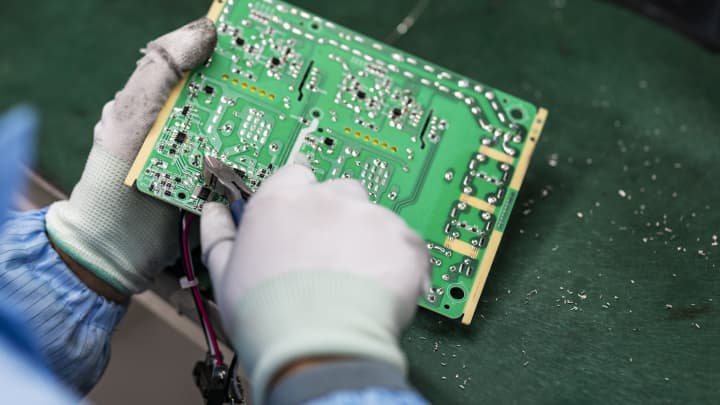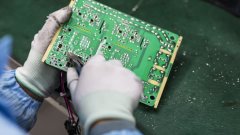
Wang said there are around 1,500 companies in China that are involved in the design of integrated circuits (IC) and a "shortage" of companies in the AI chip training sector, with around 20 start-ups in the space.
by 50% by 2025, according to a plan by several Chinese ministries announced in October. Doing so is seen as a key way of developing AI, which needs advanced semiconductors to process vast amounts of data.
The U.S. government ban is designed to prevent China's access to advanced semiconductors "because they could be used for military uses and modernization," U.S. Commerce Secretary Gina Raimondo said on a call with reporters Tuesday. They're not intended to hurt Chinese economic growth, U.S. officials added.
. Its latest smartphone, the Mate 60 Pro, has a chip that appears to support 5G, despite U.S. sanctions that have sought to cut the company off from the technology.
The chip, made by China's SMIC, has sparked concern in Washington and raised questions about how it was possible. There's also scrutiny on whether the process being used to make these new chips is efficient enough on a large scale to sustain a Huawei comeback.
CNBC's Kif Leswing and Arjun Kharpal contributed to this report.




